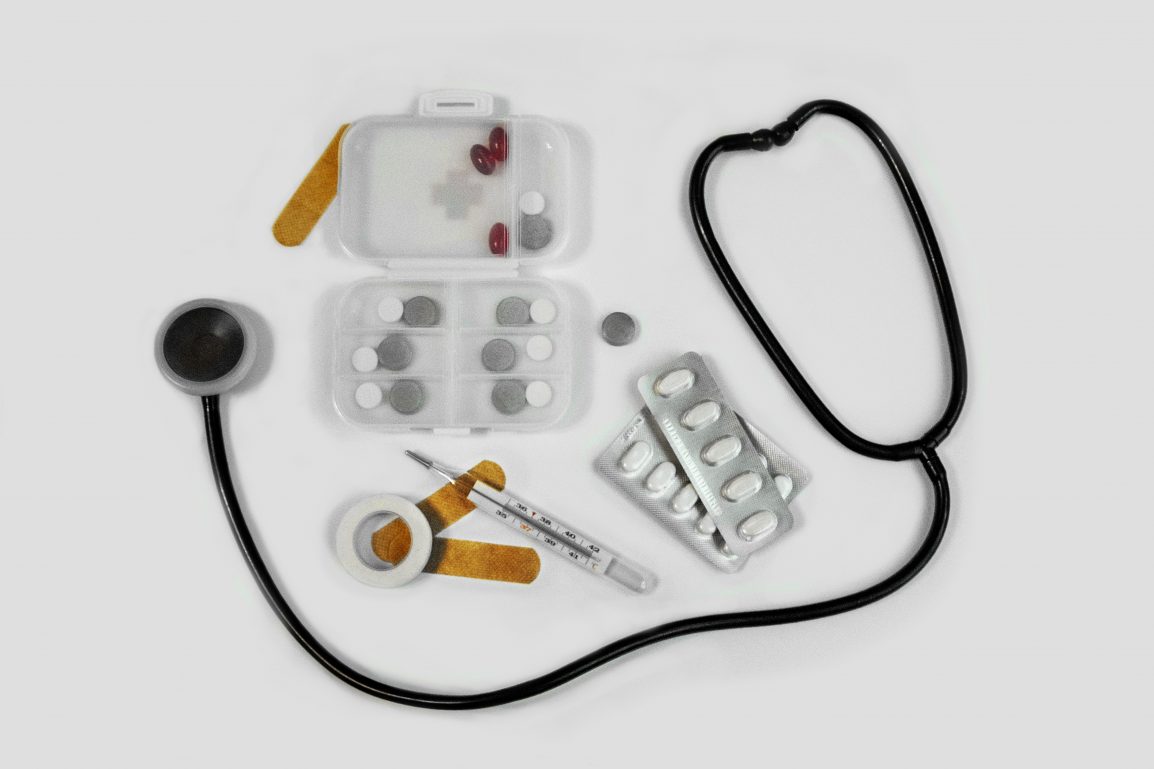Biting your fingers out of anxiety, awaiting the results of an important test, you have likely heard, “Well… No news is good news.” Although the phrase is an attempt to provide comfort, it isn’t really true. Maybe that is my inner pessimist talking, but I would think bad news would take longer to hear. Good news should be exciting, and spread quicker, right? I’m not sure how that logic plays out, but that is what makes sense to me.
WE KNOW SHE IS SICK…WE JUST DONT KNOW WHY
Driving away from various doctors, time after time, I finally realized that no news only means one thing – simply no news. Stressed about missing class, or wasting more time, I hate going to a new doctor. I know that I will get an unpleasant test done, and wait anxiously for the result, only to have the doctors not find anything—or worse, find something and not know how to fix it. “It’s clear that you are sick. We know that. The problem is we don’t know what syndrome you have, or what’s causing it,” one doctor said. “Hey, I could’ve told you that and I didn’t go to medical school!” my mom jokingly replied. Seriously though, I would get so frustrated—often to the point of tears. No matter how far I traveled to meet with a new specialist, try new treatment plans, or discuss possible diagnoses, nothing seemed to move. I was doing everything I could on my end, and the doctors were doing the same, yet everything was sedentary.
BUT SHE DOESNT FAINT…
Years went by, seemingly similar, but I was getting progressively worse. Same symptoms and still no diagnosis. “Maybe all of these symptoms are just secondary to anxiety and stress from school”, one doctor suggested. His superior disagreed, and she continued to keep looking. When I left the hospital that day, after spending an entire weekend in and out of the ER, my doctor handed me a pamphlet on something called POTS. I handed it to my mom and she shot me a confused glare. “POTS?” she asked. “I thought that was when you passed out.” Two girls at my old school had POTS, and they both had problems with fainting from nausea. Turns out, that symptom is common, but not a requirement.
More time passed—thankfully only weeks this time. I was referred to another doctor, and I journeyed to the hospital once again for a test that was new to me. It was awful in the moment, but I am so thankful for whoever invented the tilt table test. Just about an hour after my test finished, and my body had reset itself, the cardiologist waltzed into the room.
“Do you want the good news or the bad news first?” he asked.
“Whichever one is a diagnosis,” I replied halfheartedly.
“You have POTS,” he said. Then he listed off a few changes I needed to make and the medicines I would have to take.
NO MORE “RANDOM SYMPTOMS”
I don’t even want to know what my reaction looked like. Thankfully, it was concealed under a mask, but I am sure that it was a complete shock. I am still having a hard time believing that I can mark “random symptoms” off of my list of worries. It might seem silly to be relieved by the name of my symptoms changing to something more medical, but at least I have closure and an idea of how to feel better. I know that trips to the ER or the infusion clinic are definitely not something of the past, but at least we now know what is making me sick. Believe it or not, all the difficult years were the easiest part. Now I have to go through trial and error of many treatments, but I’m no longer stuck. The question at hand for me isn’t if something is “good” or “bad” news, but if I will be left in the dark or on the road to improvement.
Learn more about POTS here.
We’re all in this together! Check out this GirlSpring contributor’s health story.

